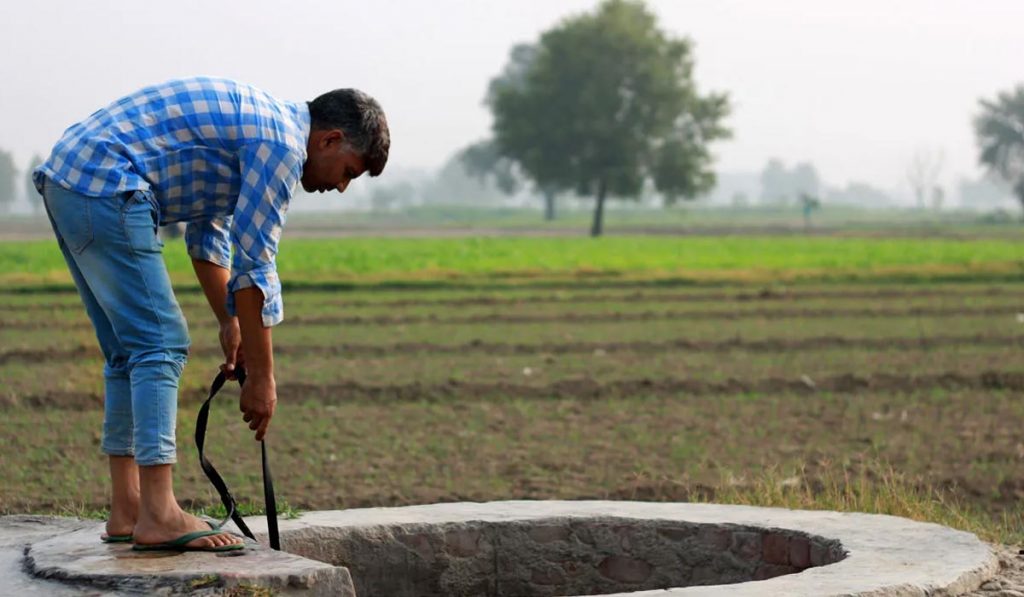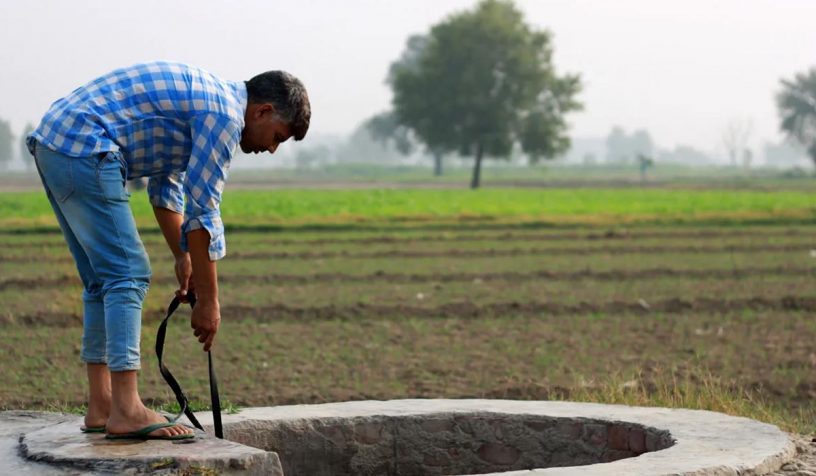
The researchers argue that there is an urgent need to delink groundwater rights from land rights and adopt an integrated resource management strategy if Punjab and Haryana are to utilise their groundwater sustainably.
Authors:
Armin Rosencranz, Professor and Dean, Jindal School of Environment and Sustainability, O.P. Jindal Global University, Sonipat, Haryana, India
Tony George Puthucherril, Professor, Jindal Global Law School, O.P. Jindal Global University, Sonipat, Haryana, India
Sushruti Tripathi, Advocate, Bar Council of Delhi, India.
Surya Gupta, Advocate, Bar Council of Delhi, India.
Summary:
The North Indian states of Punjab and Haryana (P&H) are a part of the water-rich Indo-Gangetic river basin. Despite this abundance, both states are on the cusp of a severe water crisis due to groundwater over-extraction. The proliferation of tubewells to support irrigation is responsible for more than 90 per cent of the groundwater extraction in both states. What started as a boon during the Green Revolution has given rise to a host of socio-economic and environmental issues. Overexploitation of groundwater is not a simple problem that the laws can quickly fix.
In 2020, both P&H passed legislation to manage their water, including groundwater; however, these legal responses are far from what is required. This article examines the law on groundwater in P&H, focusing on the fallouts of silo-based decision-making where the different facets of water management are left to various authorities resulting in working at cross-purposes and inefficient decision-making. We argue that there is an urgent need to (1) delink groundwater rights from land rights and (2) adopt an integrated resource management strategy if P&H are to utilise their groundwater sustainably.
Published in: Journal of Energy & Natural Resources Law
To read the full article, please click here


